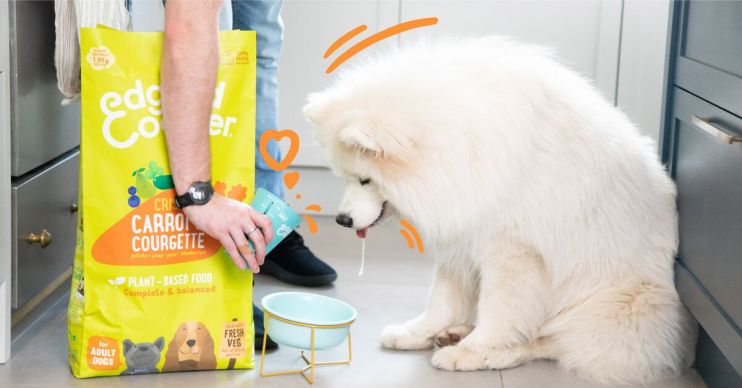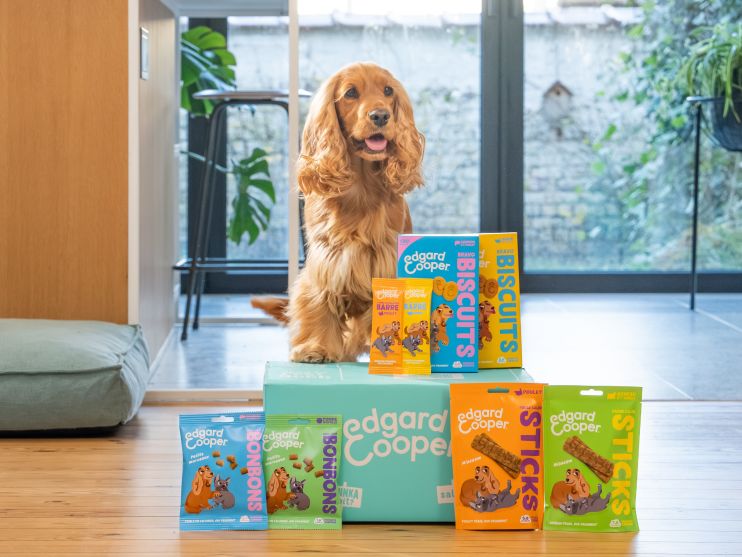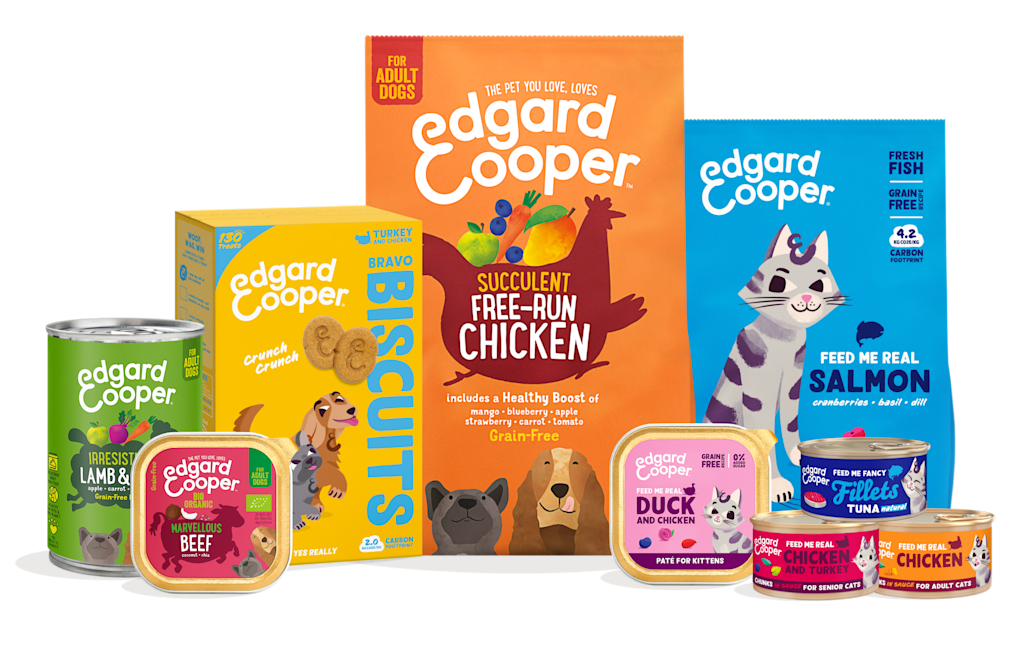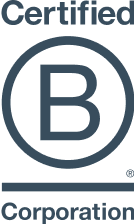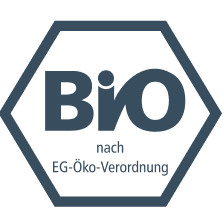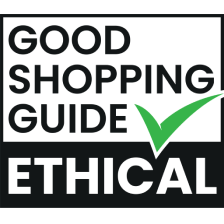A dog's feeding schedule: when and how often to feed your dog
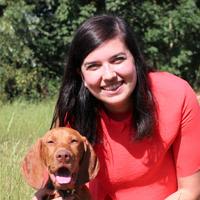
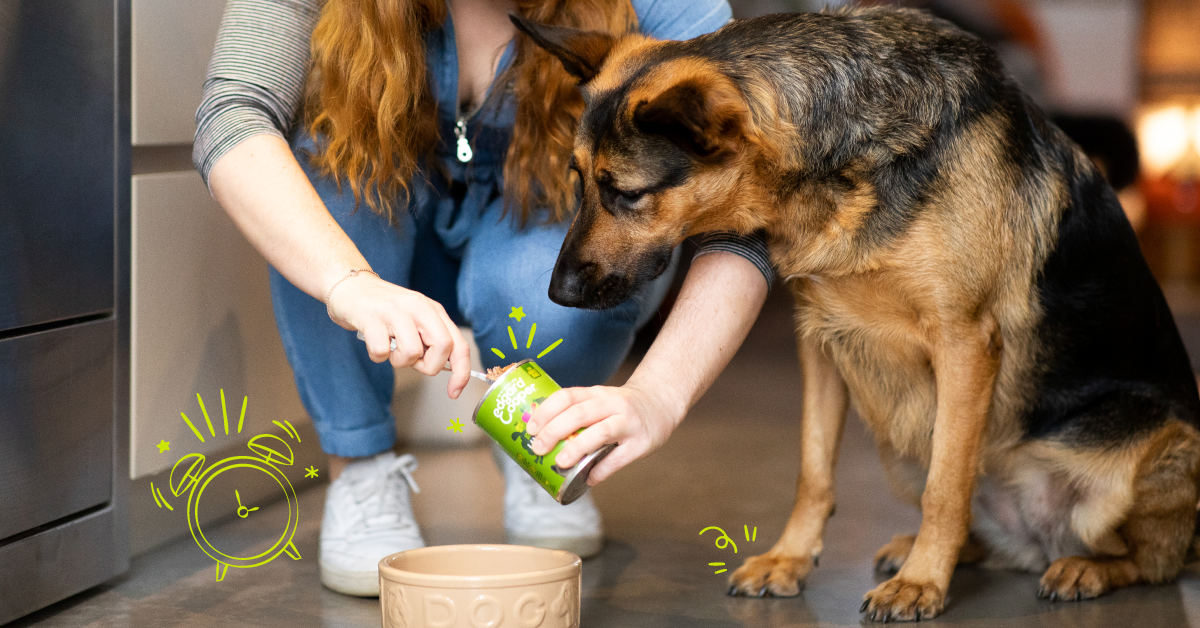
Dogs are creatures of habit and dinner time should be a fundamental part of their day. A daily feeding routine creates reassuring structure, but what should it look like? Of course, there’s no single answer: all dogs (and their owners) are different. Despite that, I can offer some helpful advice based on the age and breed of your dog.
Adult dogs
Most adult dogs should have two meals a day - one in the morning and one in the evening. However, if you have a particularly small or big dog, read on...
Small breeds Toy dogs and small breed dogs typically have fast metabolisms, which means they burn energy more quickly than larger dogs. This makes them more sensitive to low levels of blood sugar level, which means it might well be better to feed them three meals a day.
Big breeds Giant dog breeds can be sensitive to bloating and gastric issues. One way to deal with this is to feed your dog several small meals over the course of the day, instead of one or two large meals. For the same reason, it’s best to avoid feeding a giant breed dog immediately before their daily walk. Additionally, try to wait at least an hour after your walk before serving up. Ensuring your dog eats in a calm environment can also help to prevent them from eating too quickly and swallowing excess air.
These feeding routines will help your dog establish a stable metabolism and healthy digestion. Don’t forget to always provide fresh drinking water along with food.
BONUS TIP: Regular activity will help establish your feeding routine. Ideally, your dog should exercise about an hour before each meal. For example, if your first walk of the day is at 7a.m., the first meal of the day should come at 8 a.m. Similarly, an evening walk - finishing at 6pm - would be followed by dinner at 7pm.
The benefits of a daily feeding schedule
Beyond the simple pleasure of chowing down some tasty food, mealtimes are cornerstone events in any dog’s day. Think of them like a template around which other activities fit. Whatever else is happening, dogs are generally pretty content if their feeding routine remains reliable.
A routine feeding schedule can help to establish a healthy lifestyle, increasing the likelihood of other healthy habits - like regular poops. This makes it easy for you to choose the best time for your daily walks. Routine feeding also makes it easier to spot a loss of appetite, which is often the first sign that you pet is not feeling very well.
About Edgard & Cooper

Joyful pet food
Eating is one of life’s simple joys, so why overcomplicate things? Unlike most other pet foods, we treat nature’s ingredients with respect and make food that’s naturally healthy and full of flavour.

Play nice with nature
We’re on a mission to become the world’s most sustainable pet food. We love nature, so we pledge to make real, lasting change through our targets of zero carbon, fully sustainable packaging and ethically sourced ingredients.

Friends stick together
We donate 1% of our sales to the Edgard & Cooper Foundation, which works with charities that improve the lives of cats and dogs today, while protecting them tomorrow.

